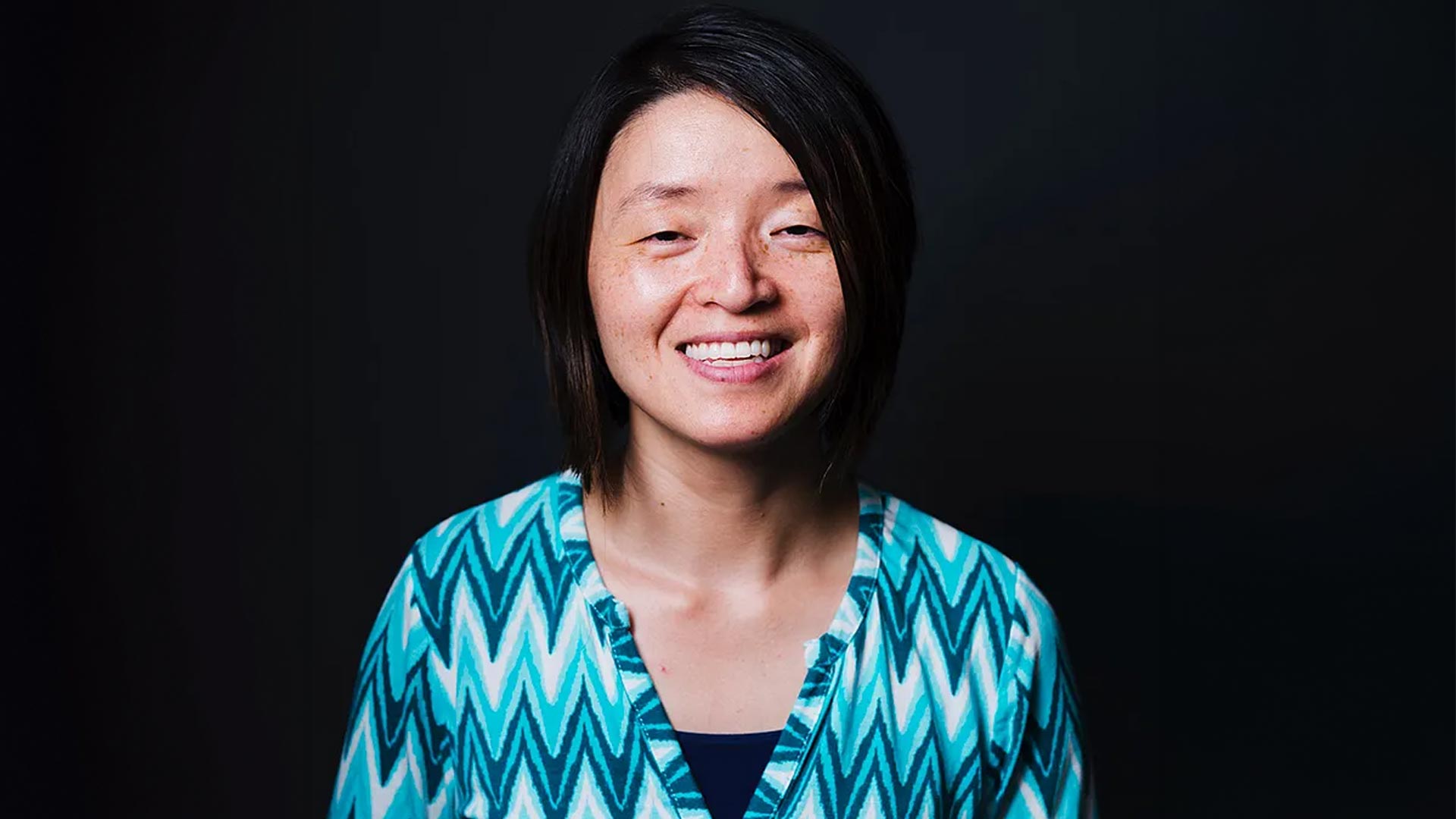LinkedIn’s fairness mission is that two people with equal talent should have an equal shot at opportunities. To reinforce this, they constantly test new products to determine if a new feature introduces any unintended consequences that might impact fairness. For example, LinkedIn’s referral button allows a job applicant to see if someone they know works in the company and ask for a referral. The unintended consequence is this feature will benefit individuals who have a big network vs. the general population. She says they typically have about 500–600 experiments running concurrently to test new products.
One feature that encourages fairness is the push notification that anyone can sign up for that alerts you for when a new job becomes available. That notification is not dependent on your network, and they’ve noticed that this feature especially benefits people who don’t have a strong social capital. They share examples like this to help product managers build more socially responsible features.
The company has also found that when networks become more diverse, it increases mobility in the labor market. For example, LinkedIn’s Plus One Pledge that encourages people to accept an invitation from somebody who they traditionally would not have connected with has been very successful in opening opportunities for those with less social capital.
On the topic of women in the workplace, she encourages women to advocate for themselves. “When I first joined Microsoft, I was the first statistician on the team. People didn’t know what to do with me so I just defined what a statistician should be doing,” she says. “It’s up to you to define what kind of role you play in an organization. The more reactive you are, the more that people are going to give you orders. The more proactive you become, the better it is for the company.”
Ya has been an individual contributor for most of her career focused on solving a specific problem, but once she became a manager, her perspective shifted. “What excites me now is actually being able to help my team to be more successful. It’s almost like there’s no way I could solve the problem better than the way that my team can solve the problem. It really excites me when I see their achievement.”
She believes that women lead differently. “I have seen women leaders in extremely prominent positions be so humble,” she says. “I think women can be a lot more vulnerable, and it’s actually a strength. When we are vulnerable in front of our team, then they relate to us. There’s something different about women, and in a very good way.”


